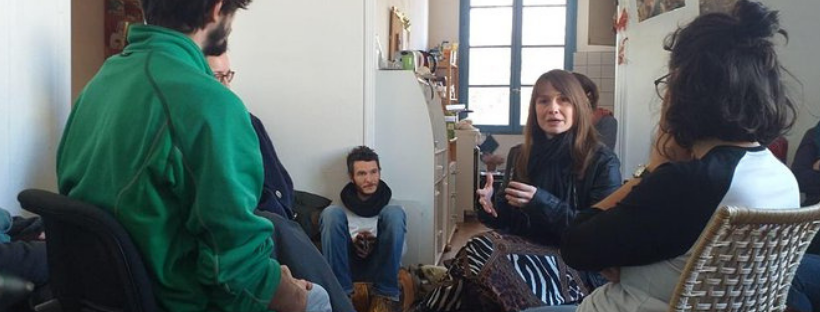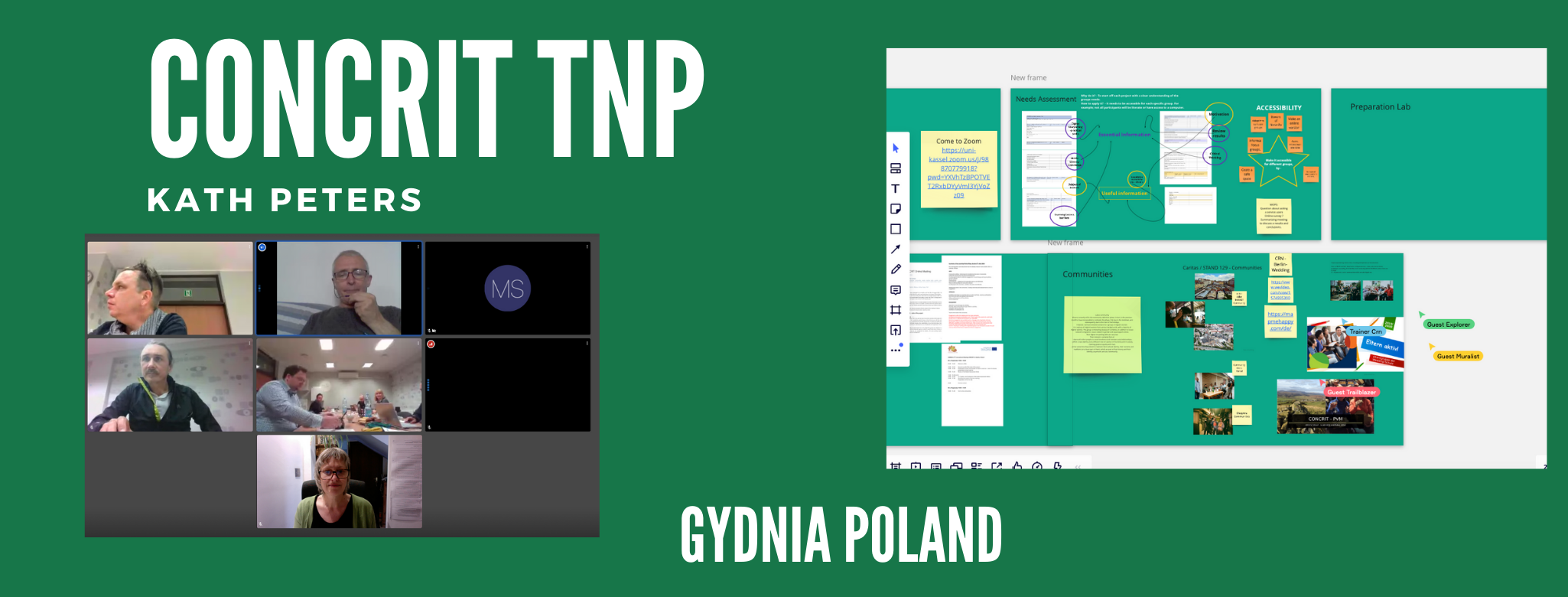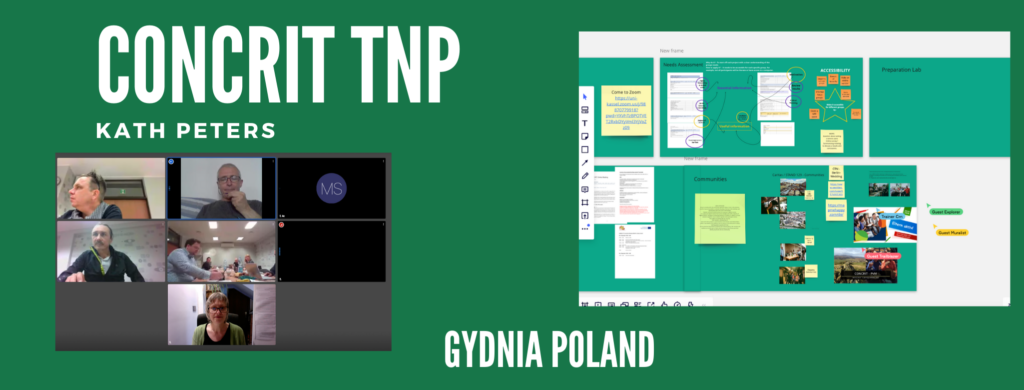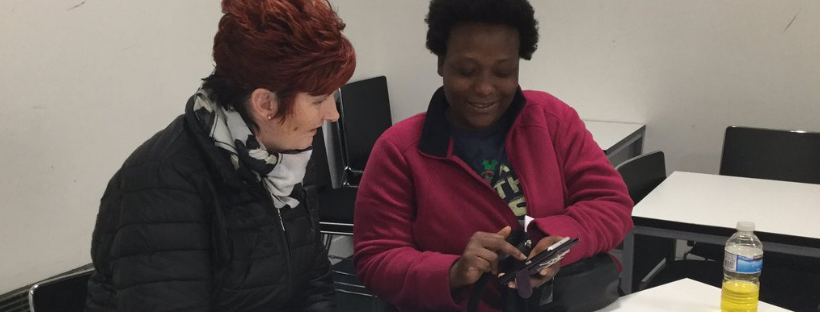DOING IT WITH OTHERS ONLINE: DIGITAL COLLABORATIONS
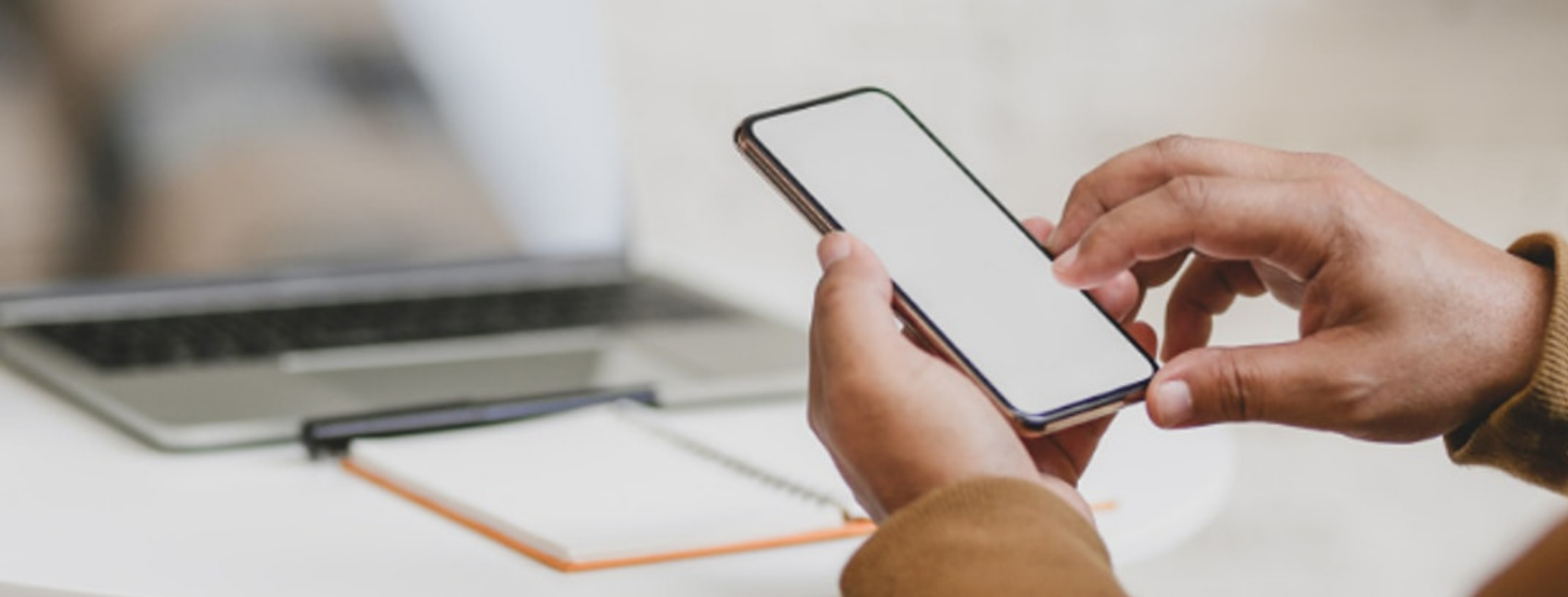
Digital Collaborations was the final event of Doing It With Others: Why Proper Collaboration Really Matters, the ICR’s second annual conference and, with circumstances being what they are, it couldn’t have been more apt.
Held as an online knowledge exchange, the event was a chance to talk about one of the European projects on which PVM is a partner: Co-Engage, although naturally the talk also turned to the necessity of digital collaboration as we live through the age of COVID-19.
The panel of speakers included Martin Barthel (CRN), Belén Fernandez (l’Échappée des Copropriétés), and PVM’s own Hayley Trowbridge. Martin gave a great overview of the Co-Engage, a project bringing together a range of best practices for engaging citizens across Europe, which the participants were very excited about. Next, Belén posed questions on her own experience of taking her work online – an environment to which it’s not normally suited – during the global pandemic. The participants found this very engaging and there was much discussion on whether we’re evolving online consciously, or whether we are being pushed by circumstance into something less than ideal. Finally, Hayley spoke on taking storytelling online, reflecting on what PVM has learned over the last few months and the tools we’ve been using.
After our panel spoke, we opened the virtual floor to a lively and interesting discussion on our own experiences of and musings on digital collaborations. It was exciting to see so many new collaborations forming, both in the main room and in the text chat, with participants networking with each other and forming new connections.
Digital Collaborations was a great way to end what had proved to be a very different annual conference. It was our most international event, with UK participants joined by those from Germany, France, Hungary and even Australia (this is the furthest flung participant we’ve ever had, as well as the latest anyone has ever stayed up for one of our events!). It brought up interesting questions and endless debate during a time when digital collaborations have become an absolute necessity.

